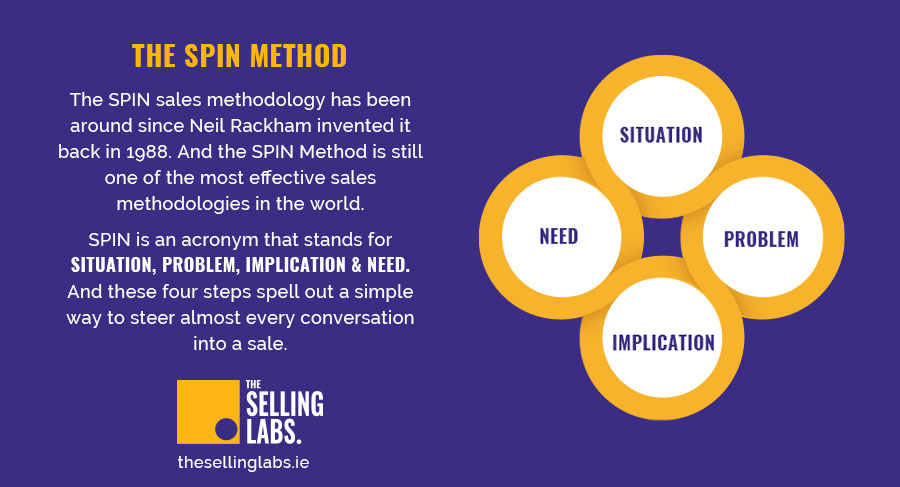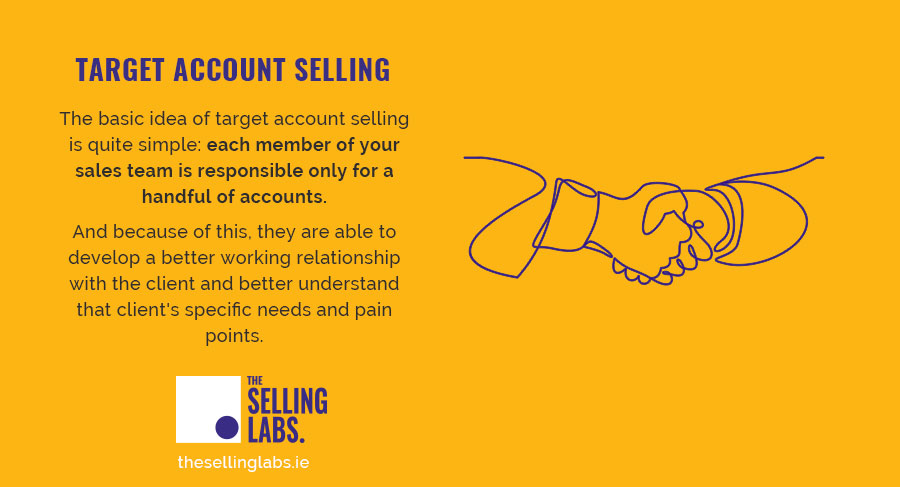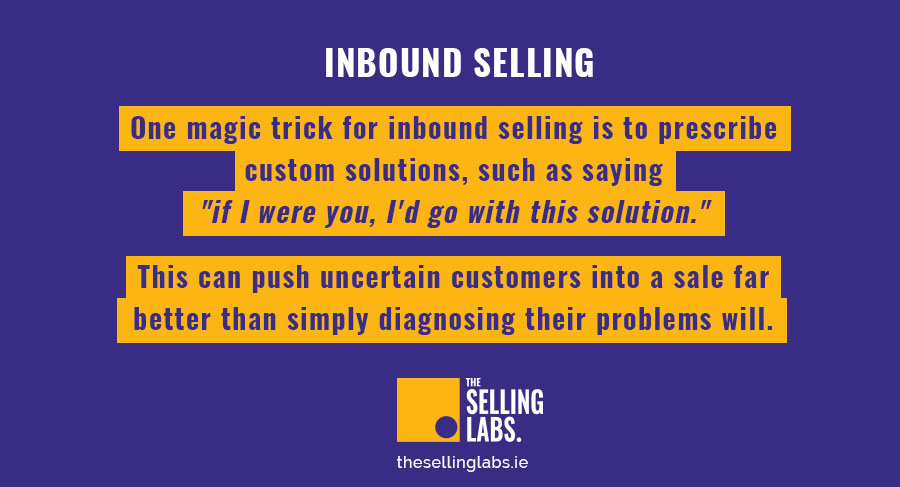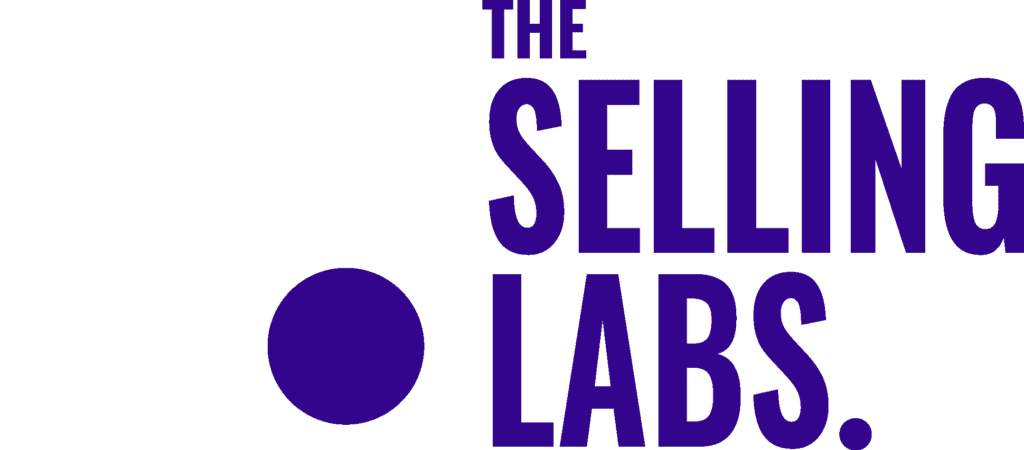Sales Methodology – A Framework for Sales Opportunities
What if you discovered that your entire sales approach was responsible for your lagging company growth?
When it comes to the tech sector, sales methodologies are important because they offer your sales reps a philosophy and a process to get the best possible results. This means whatever the seniority of your sales rep, his or her tenure and whatever part of the business they focus on, they follow the same approach and there is a training programme, career path and marketing campaign to support them. However, many businesses don’t fully understand what a sales methodology is or what they are missing by not having one.
A sales methodology is basically a framework that defines how your team approaches sales opportunities. It informs them and directs them to close more sales and ultimately boost your bottom line.
Want to improve your tech sales methodologies? Keep reading on how to nail it and how to boost your sales performance.
The SPIN Method
The SPIN sales methodology has been around since Neil Rackham invented it back in 1988. And the SPIN Method is still one of the most effective sales methodologies in the world.
SPIN is an acronym that stands for Situation, Problem, Implication, and Need. And these four steps spell out a simple way to steer almost every conversation into a sale.
In the Situation phase, the seller focuses on fully understanding the customer’s situation, asking clarifying questions as needed. This leads to the Problem phase in which the seller gets the customer to recognize the problems they are facing and start thinking about solutions. In the Implication phase, sellers help customers recognize the full impact of their problems and what will happen if those problems aren’t solved. If everything else is done right, customers realize the value of your product or service during the Need phase, and all without your company ever having to go for the “hard sell.”

The Challenger Approach – Sales Methodology
Want something a bit more proactive than the SPIN approach? In the world of B2B sales, the Challenger approach is a winning contemporary strategy.
Basically, “Challenger”refers to the kind of personality that your sales team will take on by using this technique. While not aggressively confrontational, this personality type gets its name from the fact that the sales person challenges himself to learn everything necessary to make the sale.
In a pure Challenger approach, the sales professional doesn’t rely on their existing knowledge or sales closing techniques. Instead, they connect with the customer, ask hard questions, and learn “on the fly” in order to make the sale.
It should be noted that this approach doesn’t work for most sales professionals. But if someone has enough experience and charisma and knows the customer well enough, they can take a challenging stance and still close the sale.
Target Account Selling
If you have a very small team, then every sales person likely has to wear multiple hats and work with many different accounts. But if you have enough personnel, you may find great success with target account selling.
The basic idea of target account selling is quite simple: each member of your sales team is responsible only for a handful of accounts. And because of this, they are able to develop a better working relationship with the client and better understand that client’s specific needs and pain points.
Plus, on a fundamental level, this approach lets clients know they are not just a source of income for your business. Instead, they are valuable and loyal clients who have a dedicated sales professional assigned to provide customized service whenever they need it.
Another way to imagine target account selling is that each salesperson becomes an account manager. And this customized service to each client helps to increase your revenue while fitting in nicely with any possible revenue targets, company-wide KPAs or sales metrics.

Solution Selling Sales Method
One thing B2B clients and B2C customers have in common is a bit of wariness about the products you are selling. They are concerned (and naturally so) that your business is more focused on closing a sale than on helping them out.
And that is why solution selling has become one of the most popular sales methodologies. In this approach, businesses seek to understand the specific problems that clients are facing and then create custom solutions to solve those problems.
You’re basically mapping out the client’s pain points and then reverse-engineering the perfect solution. Through many client conversations, you can develop an ideal solution that also helps the client feel like your number one priority.
Inbound Selling
When employing sales methodologies, you don’t always have to reinvent the wheel. For example, the classic inbound selling methodology is still highly effective!
In fact, inbound selling is arguably more effective now than ever before. And the Harvard Business Review has outlined some strategies to help you achieve great success with this classic technique.
For example, it’s important to use both technology and experience to aggressively disqualify calls that are unlikely to lead anywhere. This leaves better prospects that your sales team can provide more time and attention to.
One magic trick for inbound selling is to prescribe custom solutions, such as saying “if I were you, I’d go with this solution.” This can push uncertain customers into a sale far better than simply diagnosing their problems will.
Perhaps the best suggestion that Harvard makes for inbound selling is to dig into potential customer objections. Don’t just take “no” for an answer. Instead, use this as an opportunity to learn about the customer’s complaints and work together towards a collaborative solution.

What Can Go Wrong With Sales Methodologies?
Despite the obvious advantage of rolling out a sales methodology, they can face resistance or challenges to get up and running. Sales Professional Stuart Lotherington recently sparked a lively debate on LinedIn when he posed the question: what is the single biggest factor standing in the way of sales methodology adoption? Answers came through thick and fast!
- Sales leadership not being fully versed on how and what to do to create a good methodology, its advantages and the positive effect it can have.
- Sales people don’t like to be told what to do!
- Companies treat sales methodologies like a one-off event rather than an ongoing process. Methodologies that stick are taken seriously as a change programme with all the essential elements and considerations: visible leadership support, the establishment of a positive feedback cycle, continuous improvement, a project team to roll out, a communication plan (check here to read about how to be a good communicator), a clear ultimate goal for success.
- No system to support the methodology like a using a CRM to transform sales as well as a plan of what the sales team will with the system and how they sales and marketing to work together.
- The buy-in of Business and Sales Leadership into the process.
- Top down buy in from the Board and Senior Leadership
Better Sales Methodologies: Your Next Move
Now you know some of the best sales methodologies for the tech sector. But do you know who can help your business reach its full potential? At The Selling Labs, we help businesses of every size to grow their customers and boost their bottom line with tailored sales consultancy.. To see what we can do for your own business, just contact us today!
On Expert Sales Tips
Get regular updates delivered straight to your inbox with expert sales tips for tech & SaaS companies. Enter your email below and start to increase your sales now.



